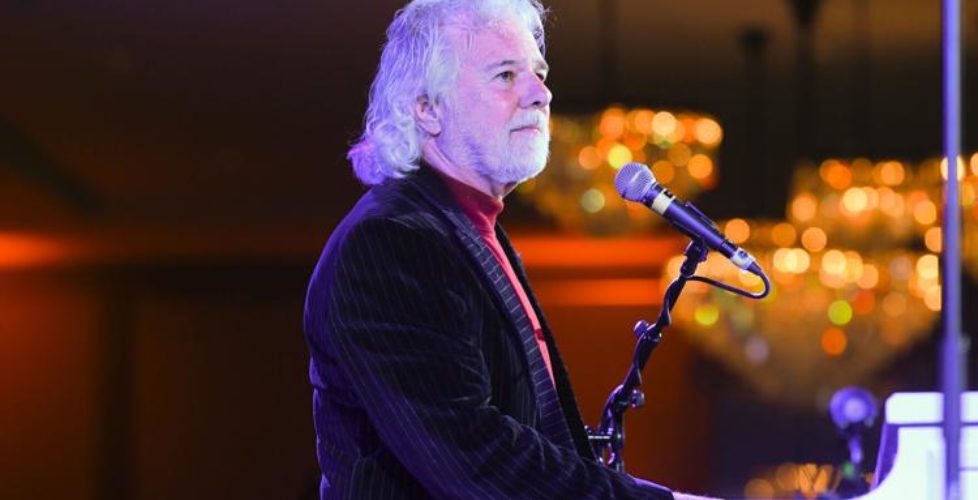Georgia’s music industry rocked by COVID-19 pandemic

Chuck Leavell has spent the past 40 years as the touring keyboardist for the Rolling Stones. The legendary band was preparing to embark on a three-month tour this year before it was canceled because of the COVID-19 pandemic.
Leavell, who also is the music director for the Rolling Stones, has had a successful music career, businesses and tree farm in Macon. For the hundreds of other people who were employed for the tour and many others in the music industry, however, the pandemic has been a “tragedy,” Leavell told members of the Georgia Senate Music Workforce Study Committee last week.
Since the early years of Ray Charles, Otis Redding and REM, Georgia’s music production and entertainment industry has risen to the ranks of New York and Los Angeles. Atlanta more recently has become a mecca for the hip-hop and R&B market, producing artists such as TLC, Usher, T.I. and Ludacris.
“A strong music community has been [a] proven attractive industry investment, along with the talented young workers who put a high value to the quality of life, no matter what their profession,” said Sen. Jeff Mullis, R-Chickamauga, the committee chairperson.
Since the pandemic hit, the music industry’s largest trade association, the Recording Academy, has shifted its goal from helping its members “thrive to helping them survive,” said Daryl Friedman, the Recording Academy’s chief advocacy officer.
The digital age has limited the ways music creators, such as artists, producers and songwriters, can make money, Leavell said. Gone are the days when artists could see significant income from vinyl or CD sales. Streaming services that now rule the market provide minimal revenue, making live performances the biggest source of revenue in the industry.
While restaurants, personal services businesses and other industries have quickly resumed operations in Georgia during the pandemic, entertainment venues have reopened slowly.
“The music industry was one among the first to close and, probably, will be among the last to reopen,” Friedman said.
The Recording Academy has more than 21,000 members nationwide and 1,000 in its Atlanta chapter, but that does not account for the tens of thousands of people that contribute to Georgia’s music industry.
Limitations on the concerts and other performances have had a domino effect on many Georgians who depend on the events as a source of income.
Organizers of the NCAA March Madness Festival canceled its event, scheduled in Atlanta in early April. The three-day festival, which was supposed to feature Taylor Swift, Halsey and Tayla Parx, was slated to attract thousands of attendees and tourists to hotels, bars and restaurants in the metropolitan area. Other workers, such as stagehands, ticket collectors, photographers, security guards and vendors, also lost income.
Even with reopenings and alternate venues becoming available, Chris Albrecht, a partner at Double A Productions in Johns Creek, said it would be difficult to recover all of the losses.
“People they say, ‘Well, a lot of these shows have just been rescheduled, they haven’t been canceled,’ ” Albrecht said. “But what they don’t realize is in our calendar, there’s 52 weeks in a year. That means there’s 52 Fridays and 52 Saturdays. If you take everything from March, and you shift that six months, you don’t get those six months back.”
Through the Coronavirus Aid, Relief and Economic Security (CARES) Act, Congress allowed freelancers, self-employed and gig workers to apply for unemployment compensation. Some small music businesses, such as recording studios, were able to get relief loans, Friedman said. Still, Friedman asked the panel of lawmakers to consider using the states’ remaining CARES Act aid to help the music industry.
Gov. Brian Kemp announced Oct. 14 that $1.5 billion in CARES Act funding would be allocated to repay borrowing for the state’s unemployment trust fund. Friedman wants lawmakers to direct some of the federal aid to music businesses, professionals and nonprofits to provide grants to those affected. He is also hoping Congress would give more aid to the struggling industry.
